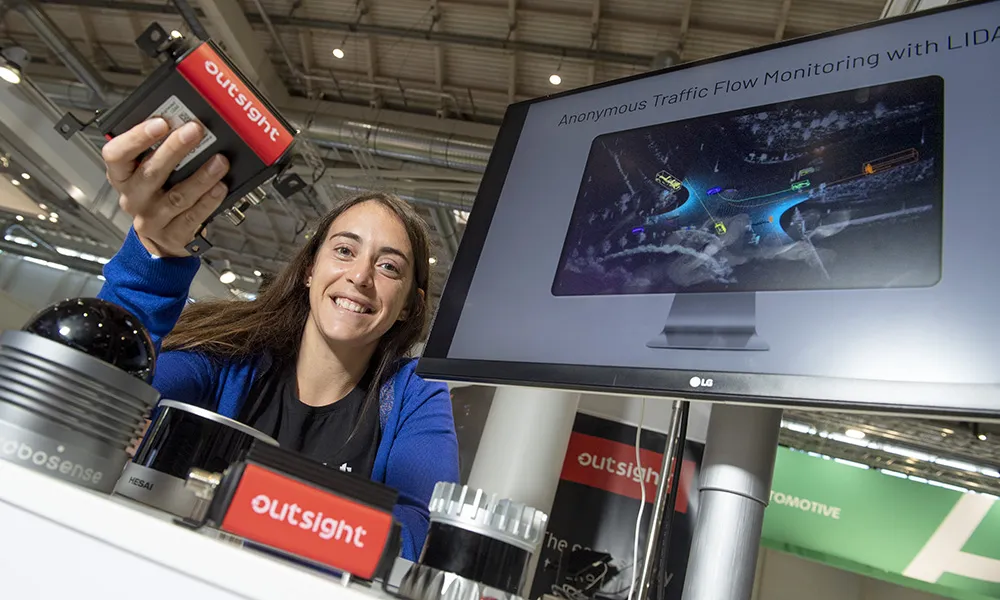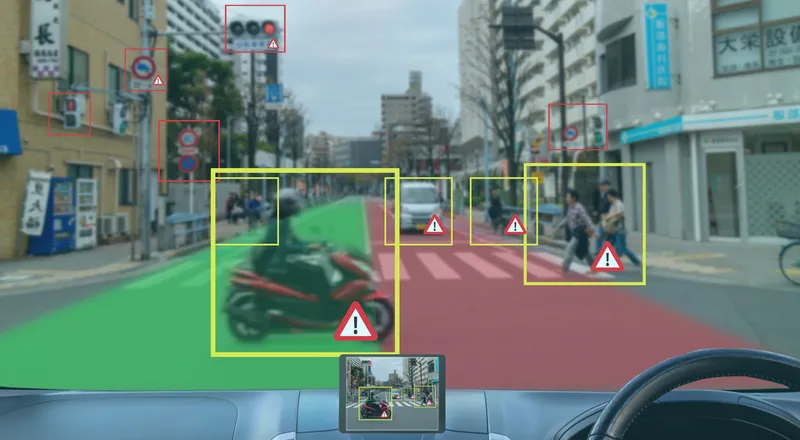The Automotive Edge Computing Consortium plans to use big data to support emerging services such as intelligent driving, the creation of maps with real-time data and driving assistance based on cloud computing.
It is estimated that the data volume between vehicles and the cloud will reach 10 exabytes per month around 2025, approximately 10,000 times larger than the present volume, says Toyota.
The consortium will focus on increasing network capacity to accommodate automotive big data in a reasonable fashion between vehicles and the cloud by means of edge computing and more efficient network design. It will define requirements and develop use cases for emerging mobile devices with a particular focus on the automotive industry, bringing them to standards bodies, industry consortiums and solution providers. The consortium will also encourage the development of best practices for the distributed and layered computing approach recommended by the members.
Toyota, Intel, form automotive big data consortium
Toyota Motor Corporation, Intel Corporation and other technology companies including Denso, Ericsson, telecommunications company NTT DoCoMo and Toyota InfoTechnology Centre, have formed a consortium to develop an ecosystem for big data used in connected cars. The Automotive Edge Computing Consortium plans to use big data to support emerging services such as intelligent driving, the creation of maps with real-time data and driving assistance based on cloud computing.
August 14, 2017
Read time: 2 mins










